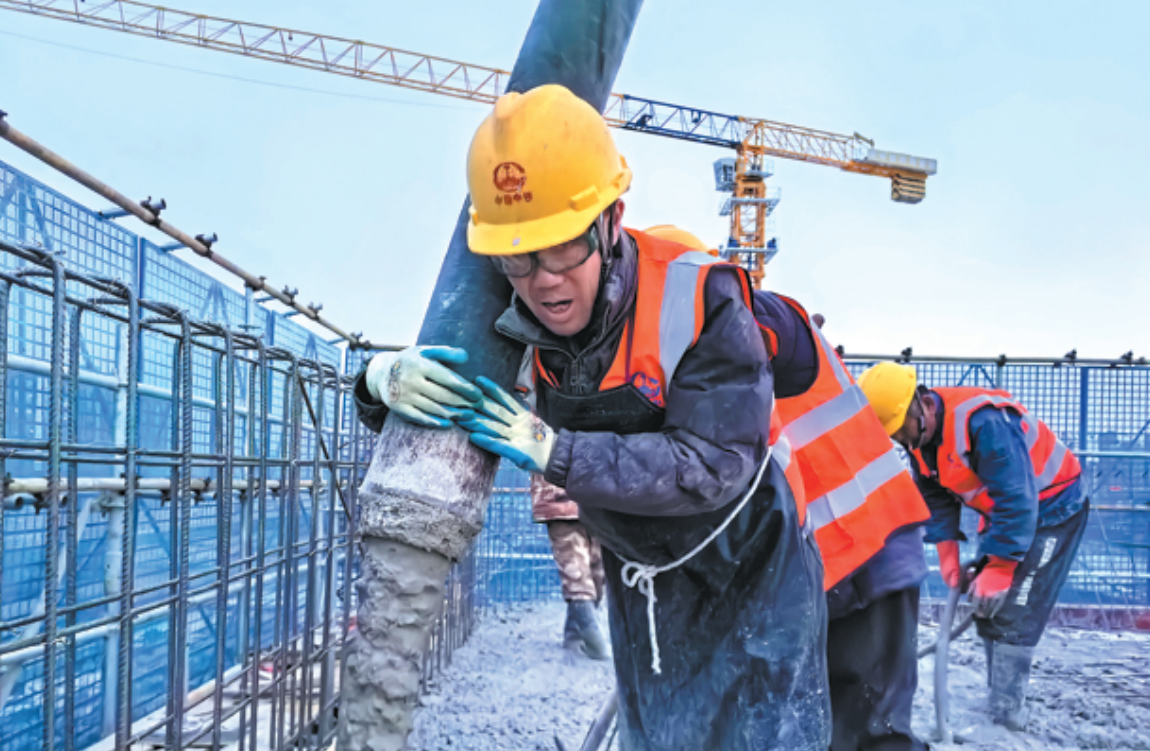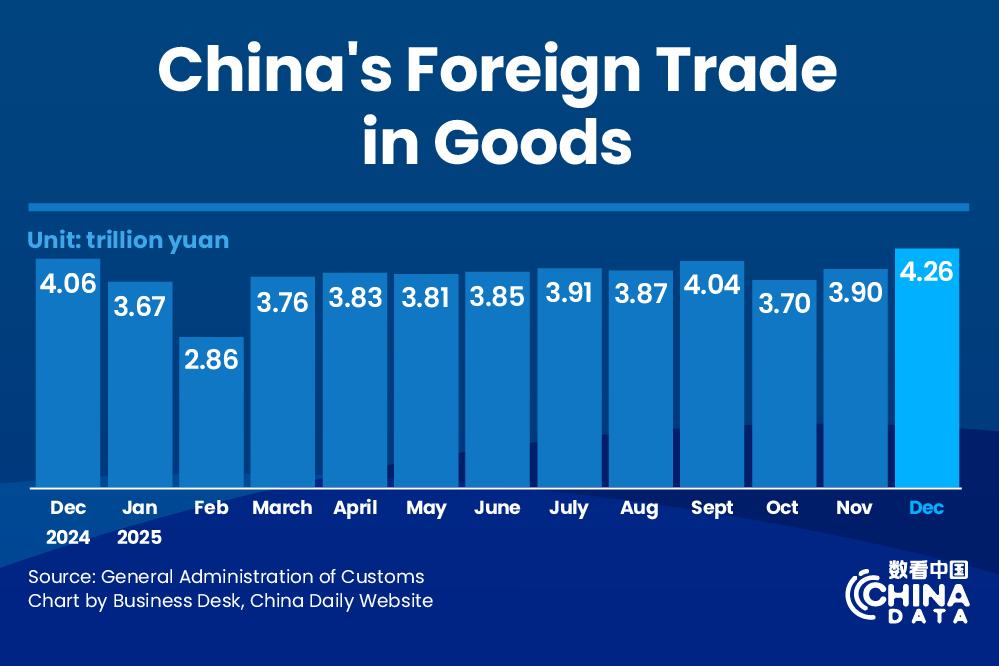Smart eco-park to help residents breathe easier


Lei Peng, an engineer from State-owned China Railway No 4 Engineering Group Co Ltd, is somewhat uneasy at times while building an ecological park that is only some 600 meters from the sea in East China's Shandong province.
Besides bordering the Yellow Sea in the east, the Fenghe Ecological Sports Park — covering 19.5 hectares in the West Coast New Area of Qingdao — is only 60 meters away from the Fenghe River (Wind River) in the south.
"Besides paramount attention to water bodies, our most pressing task is that this project has two layers — the bottom layer being a burial sewage treatment plant while the top layer a sports park," said Lei, head of the engineering section of CREC4's project department for the park.
The project, involving Beijing Enterprises Water Group — a Hong Kong-listed firm focusing on water resource recycling and water ecological environment protection, carries an investment tag of some 1.8 billion yuan ($247 million) and has a construction period of 1,096 days starting May 27, 2023.
As the largest public ecological park in Shandong that combines leisure and wetland protection, it follows a composite model of "pollution control underground and landscaping above the ground".
Jiang Yijun, Party secretary for the CREC4's project department, said building the underground sewage treatment plant is not easy at all. "Not far away, the region has an existing sewage treatment plant in the west, and due to inadequate deodorization technology in the past, the surrounding air often has odors, causing suffering to local residents."
Li Jianmin, a resident near Fenghe River, noted: "I could always smell the pungent odor when passing by this old factory, and I hope the new park can come up sooner."
"Our 'invisible' plant will completely change this situation, as we are adopting a deodorization process of 'plasma + biological filtration + activated carbon adsorption', leaving no odor at all," said Jiang.
"Moreover, we established an intelligent ventilation and monitoring system to control air quality through zoning linkage, truly realizing the 'underground digestion' of pollutants," he said.
The Government Work Report, delivered at the annual national legislative session in Beijing in March, has called for expanding effective investment with a focus on national development strategies and the needs of the people, including major infrastructure and public well-being projects.
However, building such a complex project by the seaside is not an easy task, as it faces challenges such as complex geology and high risks due to coastal operations, Lei said.
Lei said they have made several innovations: a "basin style + island style" excavation method to ensure layered and segmented construction; developing "acrylic acid salt + water absorbent resin" composite grouting materials to counter collapse in highly permeable sand layers near the sea; optimizing the concrete mix ratio to lift structural anti-seepage and crack resistance; and optimizing the pouring process to control cracks in large-span bottom plates.
"When putting into use next year, it can solve the sewage treatment of the surrounding areas of 112 square kilometers," Jiang said.
"This project is a living example of the idea that 'lucid waters and lush mountains are invaluable assets', as it not only solves the problem of sewage treatment, but also creates a beautiful ecological environment, greatly improving the well-being of the local people," said Jiang.
Yang Xiuming, a CREC4 worker, said: "I am very proud to help construct Qingdao's first seaside and riverside ecological sports park, as it not only helps improve the surrounding environment, but also solves the problem of the old sewage treatment plant, making the air fresher and the water cleaner."
"Moreover, the job is stable for me and my income is guaranteed on this project, giving me much hope for my life," he said, adding that he believed that the living environment in China will become better and people's life much happier.




































